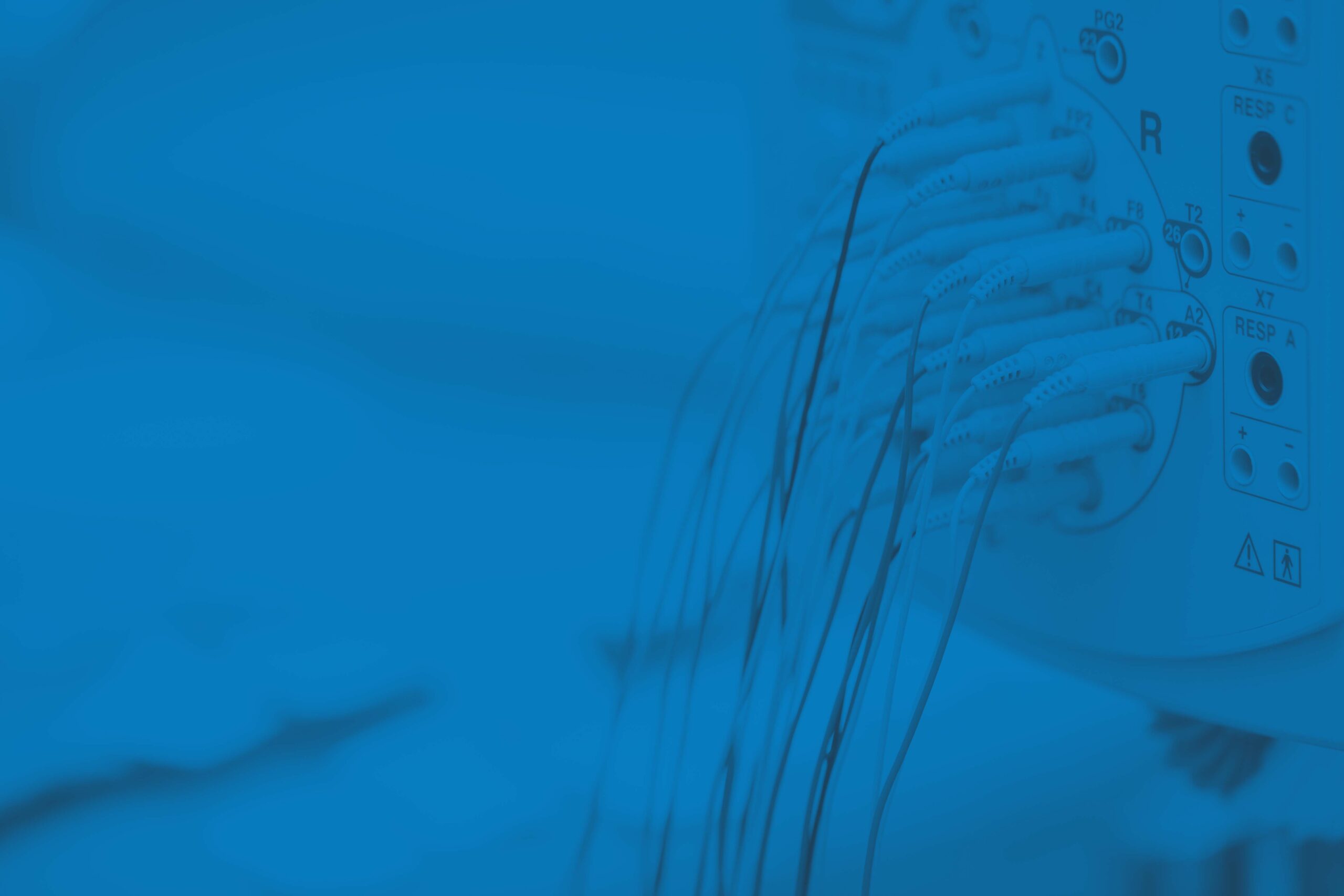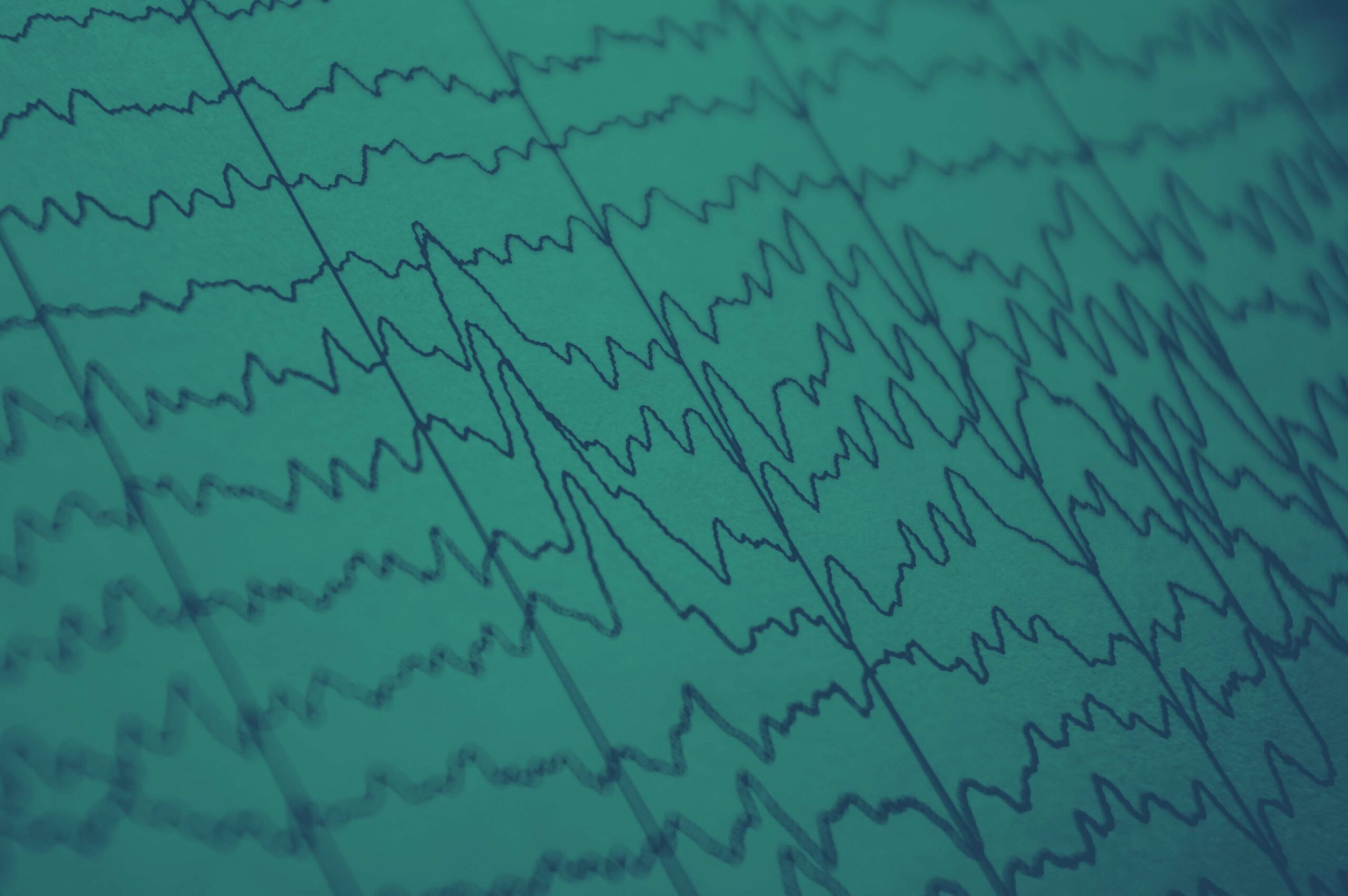

SPECIALTYCARE’S IONM SERVICES
Our people work alongside the world’s leading surgeons to help identify any early signs of neurological injury. Our surgical neurophysiologist clinicians are backed by a skilled team of IONM physicians and audiologists, who provide additional support with real-time monitoring through telecommunication, enabling timely interventions to avoid long-term neural problems. At SpecialtyCare, the health of the patient always comes first. As a partner in IONM, you can rely on our expertise in IONM to reduce risk and help improve patient safety.
We add a level of protection that helps you reduce the risk of high patient injuries, even during the most complex procedures like spine surgery, brain surgery, cardiac & vascular surgery, and other general orthopedic surgery.
NEED ASSISTANCE CREATING A PROGRAM THAT FITS ALL OF YOUR IONM NEEDS?

CAREERS IN IONM
By joining SpecialtyCare, you become a very important part of the surgical team, supporting spine surgery, neurosurgery, cardiothoracic surgery, vascular surgery, and other procedures. Surgeons come to trust your skills, knowledge, and judgment during these complex procedures because you demonstrate competency and reassurance, and you provide the highest quality feedback and at the highest standards in the industry.
At SpecialtyCare, our commitment to patient care includes our Clinical Quality Indicator Program, which tracks neuromonitoring performance and then uses the data to innovate and identify opportunities for improvement. By being a part of such a large number of procedures under complex conditions and by working with world-class surgeons, our IONM physicians and audiologists are the most experienced in the industry. Join SpecialtyCare and start your IONM career today. We provide all the training you need to excel in your career!
SpecialtyCare continues to grow and we would love for you to grow with us. Check out the full listing of employment opportunities nationwide.
615-461-4622

IONM RESEARCH & DATA
Because our IONM physicians and audiologists are teamed with surgical teams in hundreds of thousands of cases across the country, SpecialtyCare is able to gather IONM data on techniques that typically aren’t known in remote medical facilities or by other providers with a more limited data set. This is why we’re an industry leader in intraoperative neuromonitoring data.
With the creation of SCOPE™, the SpecialtyCare Operative Procedural Registry, SpecialtyCare has the largest clinical database of its kind. Members of our medical office analyze case data and share the scientific findings to our clinical professionals so that the evidence-based trends and best practices can be shared with our partner surgeons and OR teams across the nation, which also brings innovation at the local level.
SpecialtyCare is on the cutting edge of IONM data and research. For example, we recently discovered there is a link between IONM and lower opioid use in recovery for spinal surgery. In a study of over 8,400 patients, cervical spine patients who had surgeries that included IONM were much less likely to be prescribed opiates within the year following surgery compared to patients that did not have IONM included in their surgery. This same study also determined there was a reduction on the number of readmissions post-surgery when IONM was used. This outcome was also confirmed by another study that was presented by the North American Spine Society (NASS) in 2016 that directly linked a lower number of post-operative injuries in patients that had neuromonitoring during their surgery.